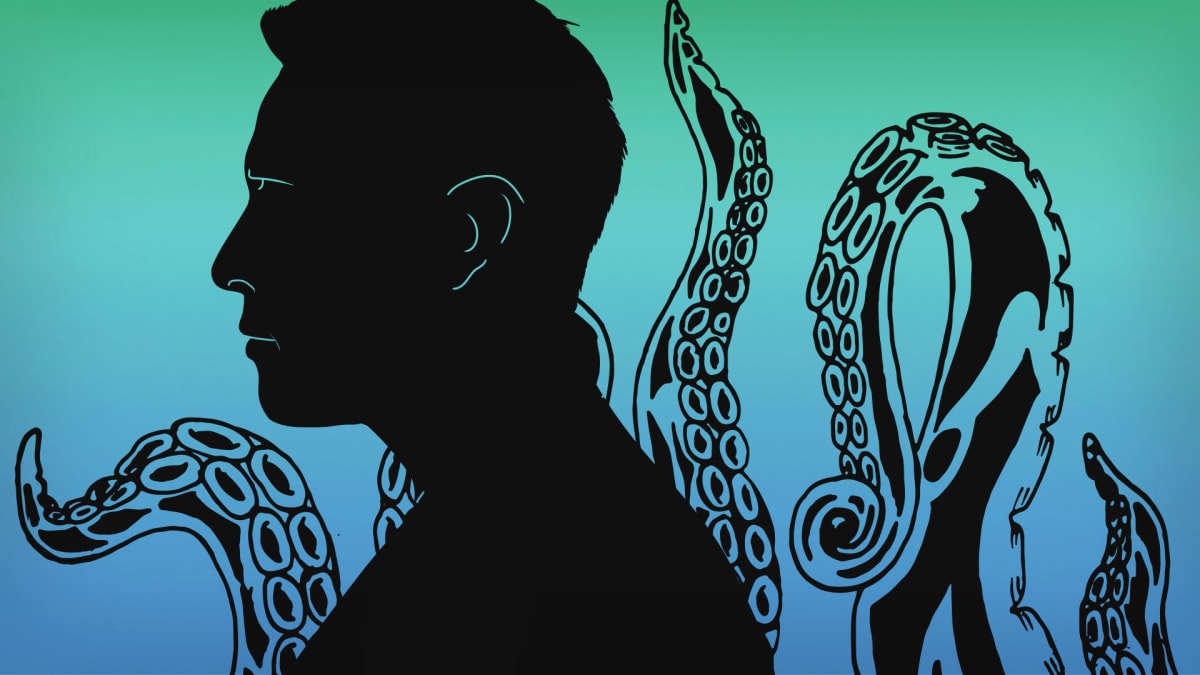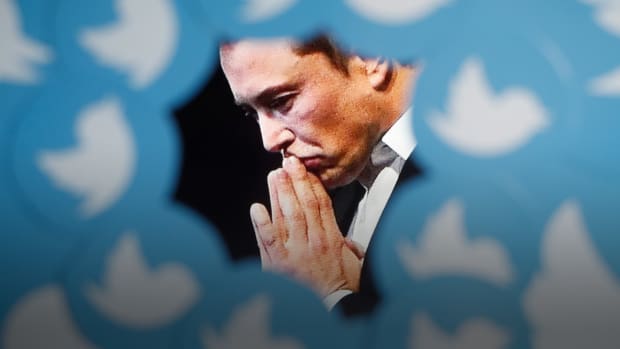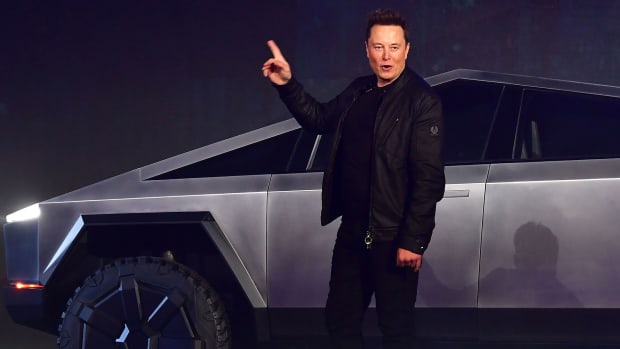
It's been a terrible week for Elon Musk.
The whimsical and charismatic visionary has sailed through the past few months like a rising star whose ascent could not be disrupted by anything, even big mistakes that would normally cause the downfall of an icon.
His missteps seemed to be forgotten, only a short time later, as his aura and his influence have become colossal.
For example, in early April, the CEO of Tesla (TSLA) and the founder of SpaceX added his voice to the politicization, by a group of his tech bros, of the murder, in an upscale San Francisco neighborhood, of Bob Lee, 43, founder of the CashApp app, a payment service.
He and his friends saw in this violent murder the opportunity to wage their culture war against the "woke mind virus," an expression that encompasses all progressive values and ideas. They had attributed Lee's death to a homeless person or a drug addict, saying that San Francisco, America's tech capital and birthplace of progressives, had become a lawless city, primarily because of Democratic politicians who embraced wokeism.
Two Major Blows
They had forgotten to use caution, which is traditionally advised when such an event occurs. Nine days after Lee's violent death, the San Francisco police arrested a suspect, Nima Momeni, 38, a tech entrepreneur who seemed to know Lee well. Cameras show the two men, hours before the murder, in a BMW belonging to Momeni, according to investigators.
Despite the arrest, Musk and his tech friends have not apologized. They even continued to attack San Francisco, claiming that the city was dying. This incident, like others in the past, did not tarnish Musk's reputation among his millions of Twitter followers, who see him as the defender of free speech.
The billionaire, however, has just suffered two big blows. He had one of his toughest weeks of the year, if not the toughest. In quick succession, Musk saw Tesla and SpaceX, his two flagship companies, experience two monumental failures. His net wealth is tied to these two firms, which are leaders in their respective industries.
On Apr. 19, Tesla released its first quarter results. Revenue increased 24% to $23.3 billion compared to the first quarter of 2022. Net profit decreased 24% to $2.5 billion over the same period. But what caught the attention of investors is the gross margin linked to its automotive operations.

STR/NurPhoto via Getty Images
Musk's Net Wealth Loses $13 Billion
Tesla's automotive gross margin, which excludes sales of regulatory credits to other carmakers, fell to 19.3% in the first quarter, below the 20% threshold the group targeted. Three months ago, Zach Kirkhorn, Tesla’s Chief Financial Officer, had indicated that Tesla wanted a margin above 20% this year.
"It's difficult to say what the margin will be. It depends on what the macroeconomic environment is," Musk said when he was asked to provide some color on the updated range of margins the carmaker would expect in the auto business.
At the same time, the billionaire suggested that Tesla, which has already lowered its prices six times in the United States this year, would continue along this path, giving the impression that the margin would continue to decrease and that Tesla was perhaps not in a position of strength.
"We've taken a view that pushing for higher volumes and a larger fleet is the right choice here versus a lower volume and higher margin," Musk told analysts and investors.
The statements sent Tesla’s shares down 9.75% to $162.99 in the first session after the earnings release. This tumble represents approximately $56 billion of market value wiped out in 24 hours.
Unsurprisingly, Musk's net wealth suffered. His personal fortune fell by $12.6 billion to $164 billion as of Apr. 20, according to the Bloomberg Billionaires Index. The techno king has lost nearly $13 billion in net wealth in 24 hours, as his fortune is closely linked to his stake in Tesla and therefore to the stock market performance of the carmaker.
While he remains the second richest man in the world, he is now well behind the French tycoon Bernard Arnault, whose net wealth is estimated at $211 billion.

FREDERIC J. BROWN/AFP via Getty Images
Starship Explodes
On the same day, the giant Starship rocket exploded in the air a few minutes after taking off over Texas. According to SpaceX, this was due to a "rapid unscheduled disassembly” before stage separation. It was the first test flight, without passengers, of this vehicle developed by SpaceX for trips to the Moon and Mars.
The flight plan was as follows: approximately three minutes after takeoff, Super Heavy was to break away and fall back into the Gulf of Mexico.
The Starship rocket would then turn on its six engines and continue its ascent alone, up to an altitude of more than 150 km. After having made a little less than a full orbit around the Earth for about an hour, it would fall back into the Pacific Ocean. But nothing went as planned.
At 120 meters, Starship is longer than both NASA's new mega-rocket, SLS (98 m), which first blasted off in November, and the legendary Saturn V, the Apollo lunar program rocket (111 m).
The black and silver behemoth had never flown in its full configuration before, with its super-powerful first stage, called Super Heavy and equipped with no less than 33 engines.
Only the second stage of the vehicle, the Starship spacecraft which by extension gives its name to the entire rocket, had carried out suborbital tests (at an altitude of around 10 km). It has been chosen by NASA to become, in a modified version, the lander of the Artemis 3 mission, which will bring astronauts back to the lunar surface for the first time in more than half a century, officially in 2025.
"Congrats @SpaceX team on an exciting test launch of Starship! Learned a lot for next test launch in a few months," Musk, who has promised that humans will live in Mars in our lifetime, said.
Musk Pays for Lebron
Musk's very bad day was also marked by a purge he led on Twitter, the social network he has owned since October, after paying $44 billion. The tech mogul has removed checkmarks, which authenticate the identity of the individual or organization behind an account, from several celebrities, journalists and organizations who refuse to pay for the feature. The checkmark was free under Twitter 1.0, but Musk decided to charge for it by incorporating it into Blue, the platform's subscription service. The billionaire is looking for revenue streams for Twitter 2.0, which has experienced an exodus of advertisers.
Even there, Musk made exceptions. He waived the fee for three personalities: NBA star Lebron James, writer Stephen King and actor William Shatner. The three had, like other celebrities, indicated that they would not pay.
The very bad day almost turned into a nightmare Musk being forced to pay personally for three personalities who refused to go along with one of his major decisions.







